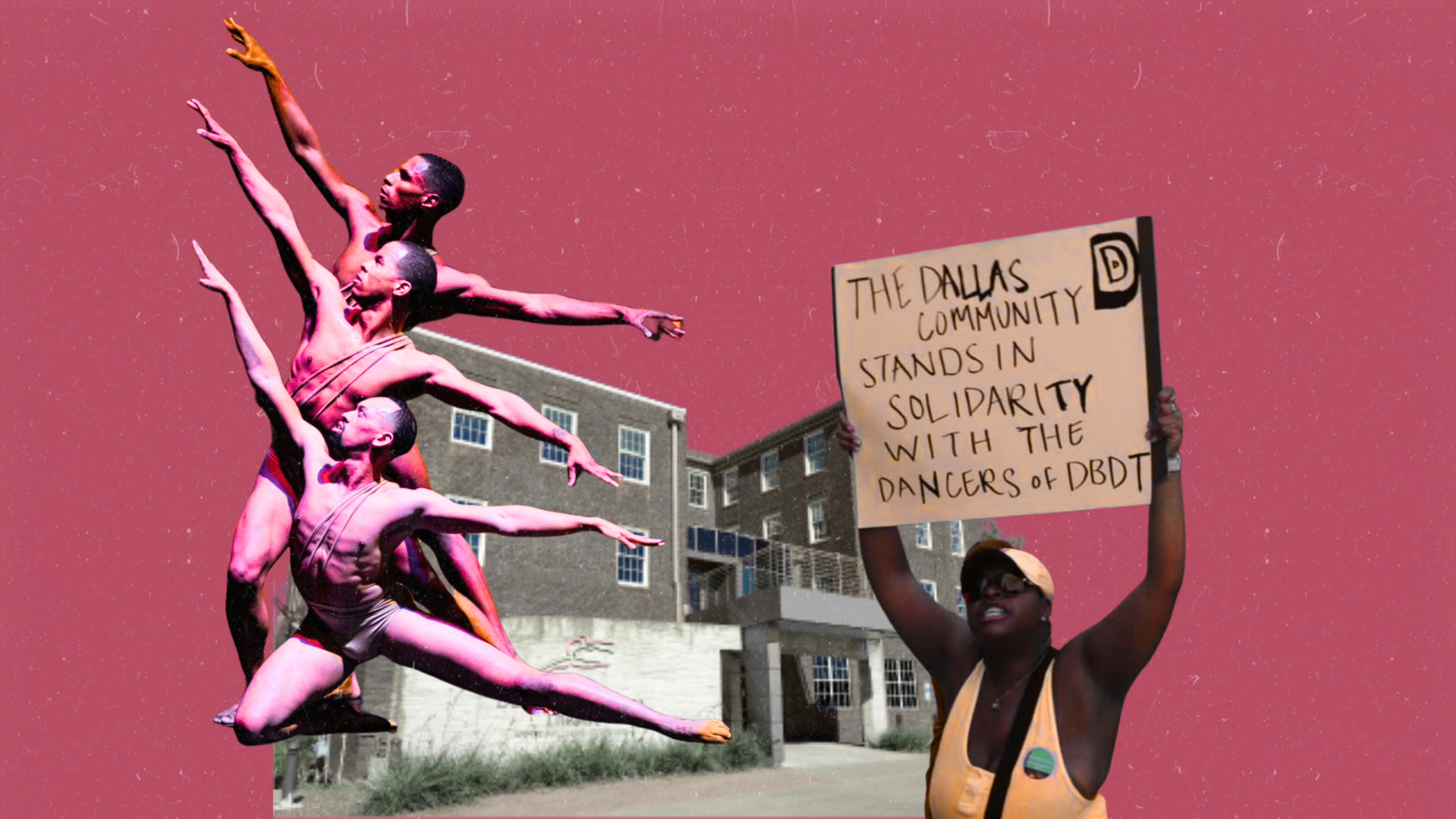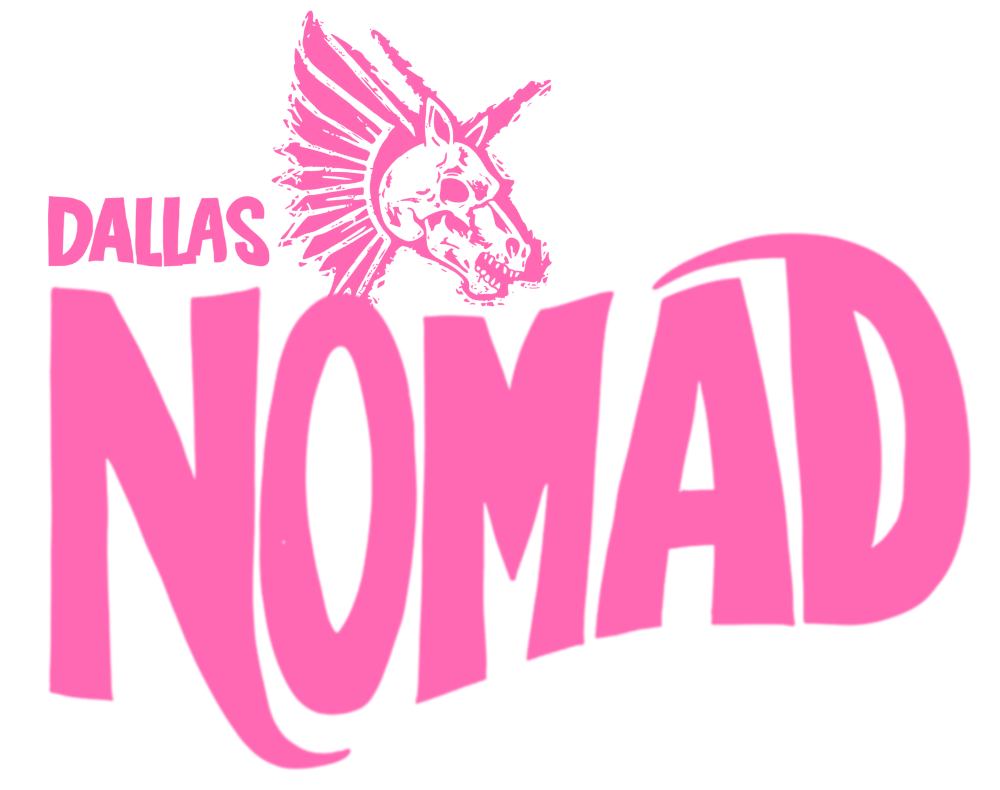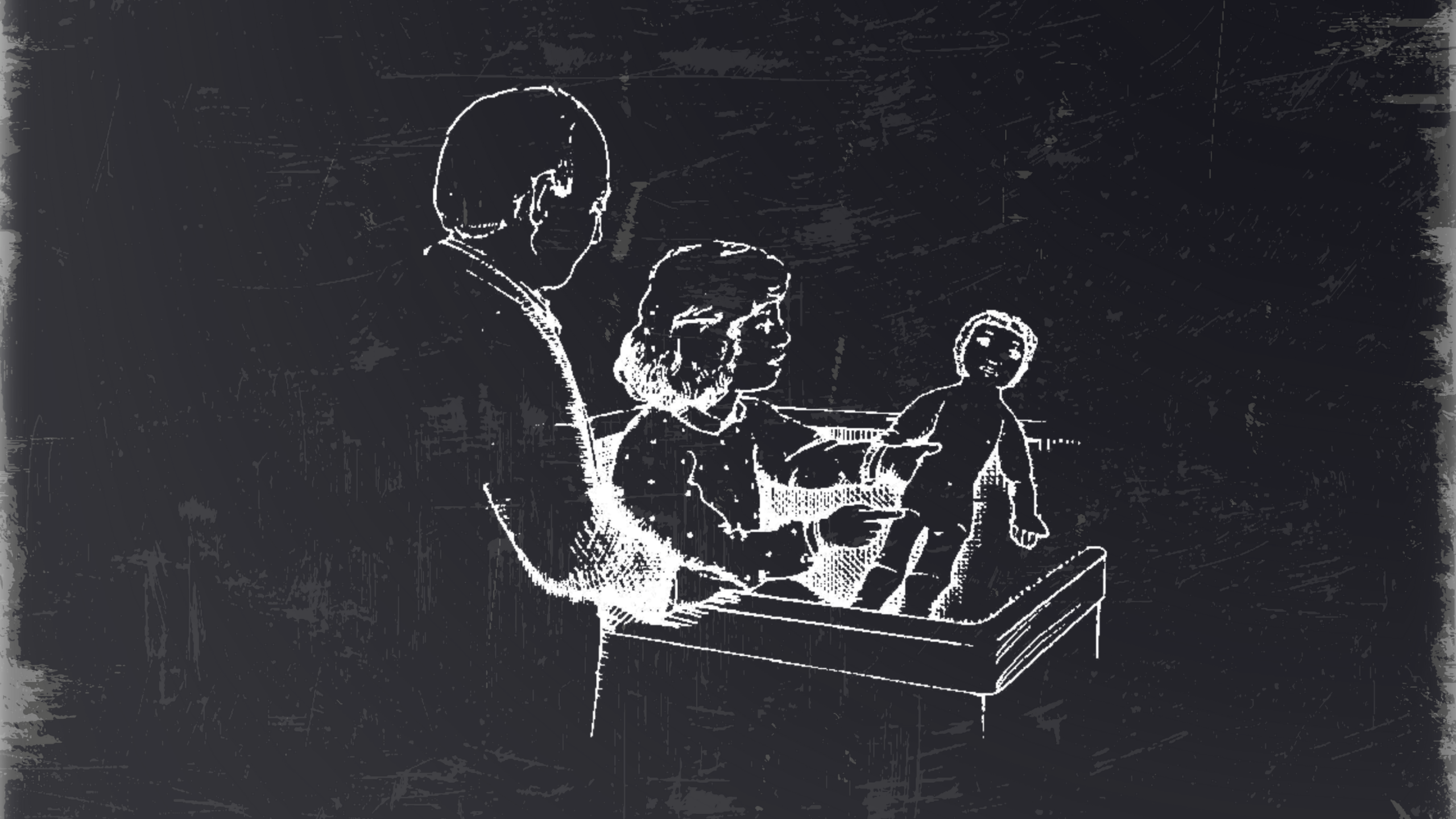Following Union-Busting Scandal, Dallas Black Dance Theatre Funding Cut
In the wake of a lawsuit over workers rights, the Dallas Black Dance Theatre's funding is cut by the

In the wake of a lawsuit over workers rights, the Dallas Black Dance Theatre’s funding is cut by the city.
On April 30, KERA reported that the city of Dallas would be cutting $248,000 in funding from the Dallas Black Dance Theatre. The funding will be pulled from five programs from Dallas’ Office of Arts and Culture, and will be reallocated to the National Labor Relations Board for unfair labor practice charges levied against DBDT.
The decision for this funding was voted on and approved in December 2023. A formal complaint was filed against the dance company in October 2024. Ten dancers were originally fired in 2024 after unionizing against the company with the help of the American Guild of Musical Artists, one of the many accusations against the company. Others include removing teaching opportunities while threatening, restraining, and coercing their dancers.
Additionally, the dance company was accused by dancers of controlling negative comments to keep them from getting out to the public. Rather, the company pushed dancers to only voice grievances to staff while limiting dancers’ cellphone use.
A settlement was reached on December 8, 2024 for a pay out of $565,000 to the dancers.
National Labor Relations Board Regional Director Timothy L. Watson expressed not only his pride at the settlement achieved, but what it means for workers rights.
“I am extremely proud of the work of the investigative team and the trial team in investigating these cases and bringing this matter to resolution. This is an outstanding settlement that reinforces employee rights to seek union representation and take collective action free from employer retaliation.”
Dallas’ allocation committee voted to move the funding to five different programs, serving as supplemental funding: Community Arts, Culture of Value, Community Artist program, ArtsActivate program and the Cultural Center project. Community arts and culture of value are receiving $50,000 respectively while the Community Artist program is receiving $20,000. ArtsActivate will receive $90,535 and the Cultural Center project will receive $37,900.
Via email, DBDT Director Georgia Scaff told KERA news that the company is working to regain their funding.
“We are proactively communicating with city staff and leadership to take the necessary steps to ensure we are in the best place possible to regain our City funding in the next budget cycle. Future funding from the City is essential for us to continue to serve more than 100,000 residents of Dallas, including 60,000 students, each year from our home in the historic Moorland YMCA,” Scaff said.
The move to cut the theatre’s funding speaks to the potential of worker-led accountability campaigns against local institutions. As many metropolitan cities already work with unions to secure their own labor force, organizers are more capable of holding leverage against small governments. Meanwhile, legally noncompliant entities receiving funding are vulnerable to lawsuits that may lead to squandered tax funding.
As Black workspaces greatly benefit from unionization, the former dancers of DBDT lie in the cross-section of discriminatory and suppressive attacks that are common amongst both their race and profession. Nomad Publisher Marlissa Collier wrote about creative union-busting last year in her piece covering this scandal at its break.
“In the early 20th century, as dance forms like ballet and modern dance gained popularity, dancers began to grapple with issues of low wages, long hours, and unsafe working conditions […] But the mid-20th century saw a growing awareness of workers’ rights, including those in the arts.”
While DBDT’s funding has been cut, the city’s arts budget remains intact. In fact, the arts budget increased overall by around 4% from 2024, signaling unspoiled confidence in other investments within the sphere.





